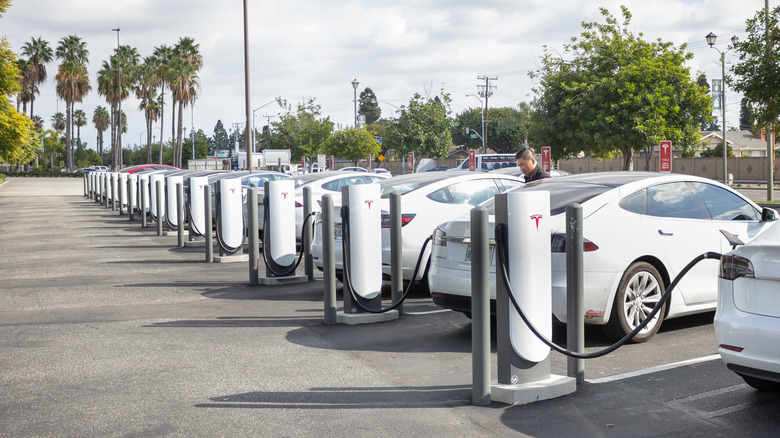Californians Choose EVs Over Gas-Powered Vehicles In Record Numbers
California — traditionally the EV capital of the U.S. — seems to be in no mood to let go of its crown. New data released by the California Energy Commission (CEC) indicates that the state has witnessed a remarkable surge in the adoption of Zero Emission Vehicles (ZEVs), with one in four cars sold in the state now a ZEV. Additional data from the California New Car Dealers Association has also shown that the market share of ZEVs climbed from just 16.4% in 2022 — to 21.1% (YTD) in 2023. This is the first time that the market share of zero-emission vehicles has crept above the psychologically important 20% mark. Data from the CEC puts this figure at an ever higher 24.3%.
Tesla leads the pack in total ZEV sales in California, with the company's Model Y selling 74,488 units in Q2 2023 alone. The Tesla Model 3 came in at a distant second position, with 41,430 units sold during the same period. Non-Tesla cars that seem to have some impact on the market include the Chevrolet Bolt EUV (7082 units), the Jeep Wrangler (7341 units), the Volkswagen ID.4 (5902 units), and the Ford Mustang Mach E (5071 units).
While EVs continue to rise in popularity across California, some San Francisco-Oakland Bay Area counties show exceptional growth rates. Zero Emission Vehicles account for more than 40% of new car sales in many counties.
Battery-powered ZEVs are still the favorite
While it is a common misconception to only include battery-powered vehicles within the category of Zero Emission Vehicles, the reality is that it also includes cars with hybrid powertrains and fuel cells. There is no denying, however, that Battery Electric Vehicles (BEVs) — vehicles that rely on battery packs for drawing power — are the most popular category and account for a sizable share of the market, followed by Plug-in Hybrid Electric Vehicles (PHEVs), and Fuel Cell Electric Vehicles (FCEVs).
With major players in the automotive segment agreeing on Tesla's fast charging standard — NACS — as the de-facto standard across the U.S., an increasing number of consumers will have the confidence to invest in EVs without worrying about the lack of enough charging ports. Another thing boosting consumer confidence in EVs is the rapid increase in the number of charging points across the country, aided further by a recent announcement by a consortium of manufacturers laying the groundwork for a new charging network across North America.
Despite such a massive increase in the sales of EVs, some of the biggest brands in the passenger vehicles space are yet to jump onto the ZEV bandwagon. Nevertheless, with such a massive increase in the uptake of Zero Emission Vehicles in California, the state is on course to hit its goal of eliminating gasoline-powered passenger vehicles by 2035, which is still over a decade away.

